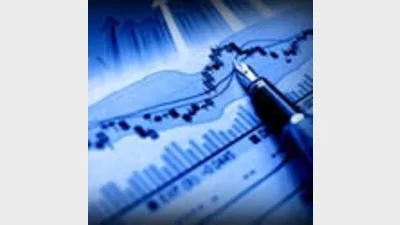Share market recovery running out of steam



Investors re-entering the share market in 2010 may find the broad upward trajectory witnessed since March last year has petered out, according to listed funds management group Wilson Asset Management (WAM).
The group’s latest investment update pointed to a softening of conditions in 2010.
“We believe the significant rally we have enjoyed since March 2009 will lose momentum as we progress into 2010,” the group’s statement to the Australian Securities Exchange said.
“Valuations are no longer ridiculously cheap, and historically low interest rates will start to move higher. In the short term the ability to simply buy any stocks and enjoy the rebound in prices is coming to an end.”
The second half of this year may require more defensive positioning within share portfolios as interest rates rise and valuations become stretched, according to WAM.
“This is an extremely difficult period for investors as the sector rotation has started to take place.”
The group points to the “star performers” of last year’s rally as those likely to flounder, while conversely “sectors that have been left behind in the rally may enjoy a better first half in 2010”.
The group believes share prices will “level out in 2011, or possibly 2012, before starting a much longer and sustainable recovery”.
The group’s actively managed fund has outperformed the S&P/ASX All Ordinaries Accumulation index by 20.6 per cent over the last 12 months.
Recommended for you
EY has broken down which uses of artificial intelligence are presenting the most benefits for wealth managers as well as whether it will impact employee headcounts.
Advice licensee Sequoia Financial Group has promoted Sophie Chen as an executive director, following her work on the firm’s Asia Pacific strategy.
The former licensee of Anthony Del Vecchio, a Melbourne adviser sentenced for a $4.5 million theft, has seen its AFSL cancelled by ASIC after a payment by the Compensation Scheme of Last Resort.
The Australian Financial Complaints Authority has reported an 18 per cent increase in investment and advice complaints received in the financial year 2025, rebounding from the previous year’s 26 per cent dip.











